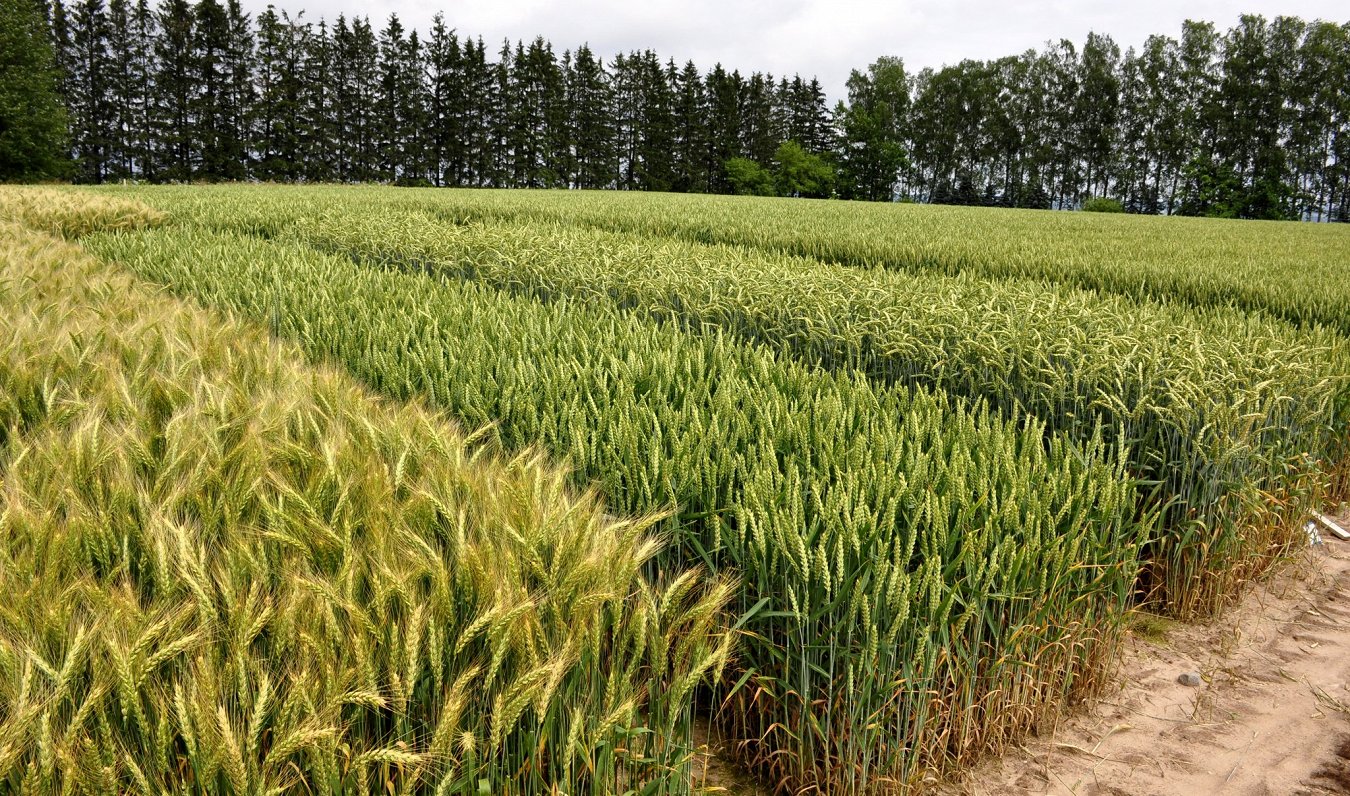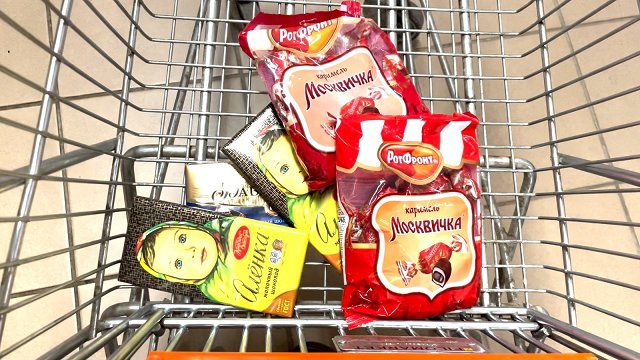The summer is in full swing, and farmers can already begin to forecast yield volumes and financial gains or losses. This year the price of potatoes has increased significantly, but Jelgava municipality's Salgale parish potato grower Juris Strēlnieks, whose farm has an area of fifty hectares, says that it is too early to call. In addition, fuel prices have also climbed and, consequently, total production costs have increased.
“There's Poland next to it and it's our main competitor. If there is a harvest in Poland, then there is no price. Then that's it, we work with losses, but if there's no harvest, then we live in some sort of normal way,”
The agricultural market promotion center has recorded a rise in food prices in the second quarter of this year, but the head of the Latvian Farmers Federation, Agita Hauka, estimates that small and medium-sized vegetable farmers' wallets will not fill because of this. One of the reasons is the low purchasing capacity of many people.
“The farmer has that production that can't be put in a warehouse and wait for being bought. The farmer has to count on the fact that the product is fresh and needs immediate disposal, so I think that income for the farmer is unlikely to increase. He will reduce his income with more expensive fuel and gas, electricity for home producers,” Hauka explained.
Grain prices depend on the world market and have seen a bounce in the spring, but they have now stabilized slightly above last year's levels.
Edgars Ruža, chairman of the board of the co-op company Latraps, said: “Grain prices automatically affect prices of meat, milk, eggs and everything else, because it depends on grain, and the price of the entire food complex goes up. We have to actually count on the fact that, in the autumn, when the new switchover period with supermarkets comes, food producers will say - sorry, we have been working on losses for half a year and will now raise prices up."
Our farmers haven't really felt the price rises because the grains are sold in the autumn after they were harvested, but some of this year's harvests could bring more profits thanks to the agreements previously concluded. However, higher costs should also be taken into account.
Ruža pointed out: “The price of the grains is rising, and other industries say we can take more from the farmers and put prices up so that, of course, it is all balancing. It will certainly not be that the farmers will say that now we have an astronomical amount of money and we can throw it right and left."
Harvesting cereals has barely started, and if yields in regions like Russia, the United States, Germany and France are going to be very good, a sharp drop in prices for grain is possible. It is not yet possible to predict the amount of harvests in Latvia, but the biggest concern is wheat, which is drying up at such temperatures.





























